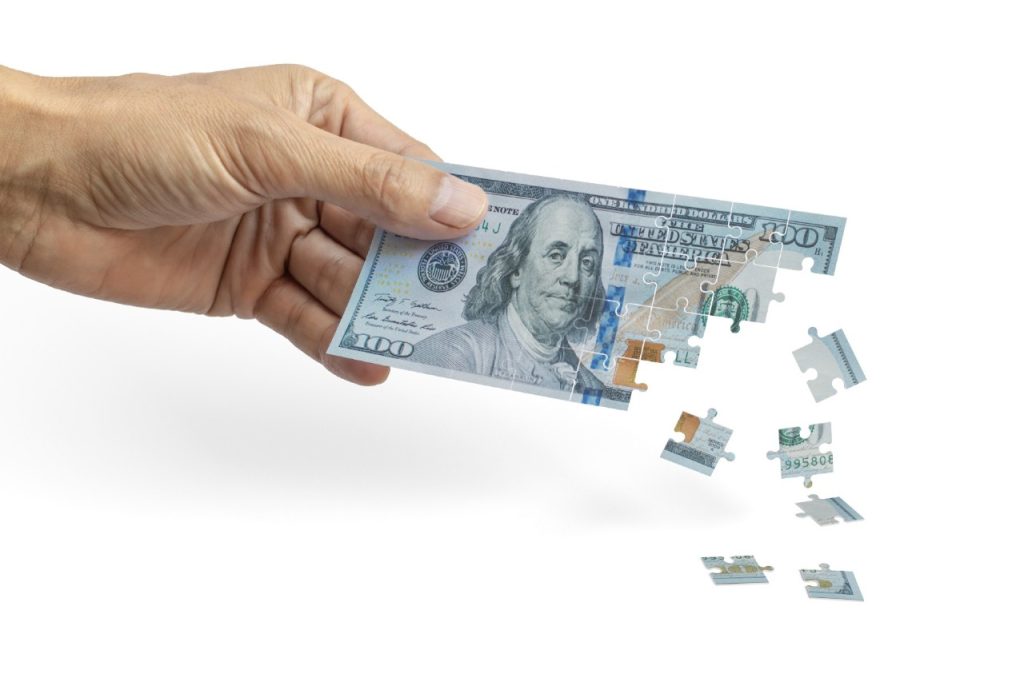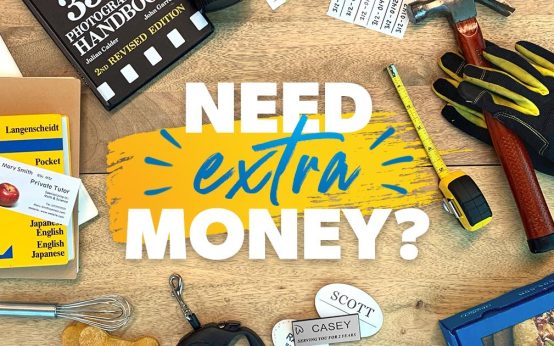
Due to rising inflation, it is normal to worry about a recession, even if it is not a certainty. Should this happen, it could end up negatively affecting your financial life.
For this reason it is necessary to do a few things, such as taking stock of your current situation, paying off debts, looking at ways to get savings together, and also reassessing your budget. In addition to these, it is important to follow a few steps.
Don’t despair and take stock of your finances
These are the first two steps to be taken. Even if there are some recessionary warnings coming, the best thing to do is not to panic. Often the challenges coming out of this recession are uncertain and vary according to each one.
Focus on what is within your control and try to strengthen your finances as best you can. As for the balance that it is important to take stock of your finances, take stock of your financial picture and look at the areas that may be affected.
Some of these are: the income from your current job and how it is likely to be affected. Debts, it is always good to be in control of them. The savings, don’t forget how important it is to have your emergency reserve. And finally the investment portfolio.
Revise your budget and pay off your debts
These are the third and fourth steps, which are also extremely important. It is necessary to make an adjustment to your habits in order to evaluate your budget. Base yourself on your income to make a comparison with your average expenses.
By doing this, you will be able to identify where all your money is going, and you will know where you can change, to even reduce spending. As for the debts, it is always good to pay them off before they fall due, because many accounts when delayed, end up generating absurd interest, such as the credit cards themselves.
You can resort to a few strategies to be able to pay off your debts. There is a method known as snowballing, where you start by paying the minimum amount. There is another similar method, which is the debt avalanche. But you can also resort to credit cards, opting for balance transfer.
Consider a loan and keep an eye on your credit history
A personal loan can be an option for those who wish to consolidate debt. If you have access to good credit, you can benefit from a lower interest rate. But you have to pay attention to the origination fees that are charged by lenders, in order not to make a bad deal.
As for your credit history, be sure to review it. It is quite possible that if there is a recession, you will need to take out a loan, and for this it is good that your score is good, even to get the best rates.
There is a free service that is provided by Experian, which is to monitor your credit. It is interesting to take advantage of this to be able to identify what can be changed for you, to be able to have an improvement in your credit history and to track all progress.



 Ways to earn an extra $ 1000 per month
Ways to earn an extra $ 1000 per month  The best ways available to earn money as a child
The best ways available to earn money as a child  Best investments that are considered less risky
Best investments that are considered less risky